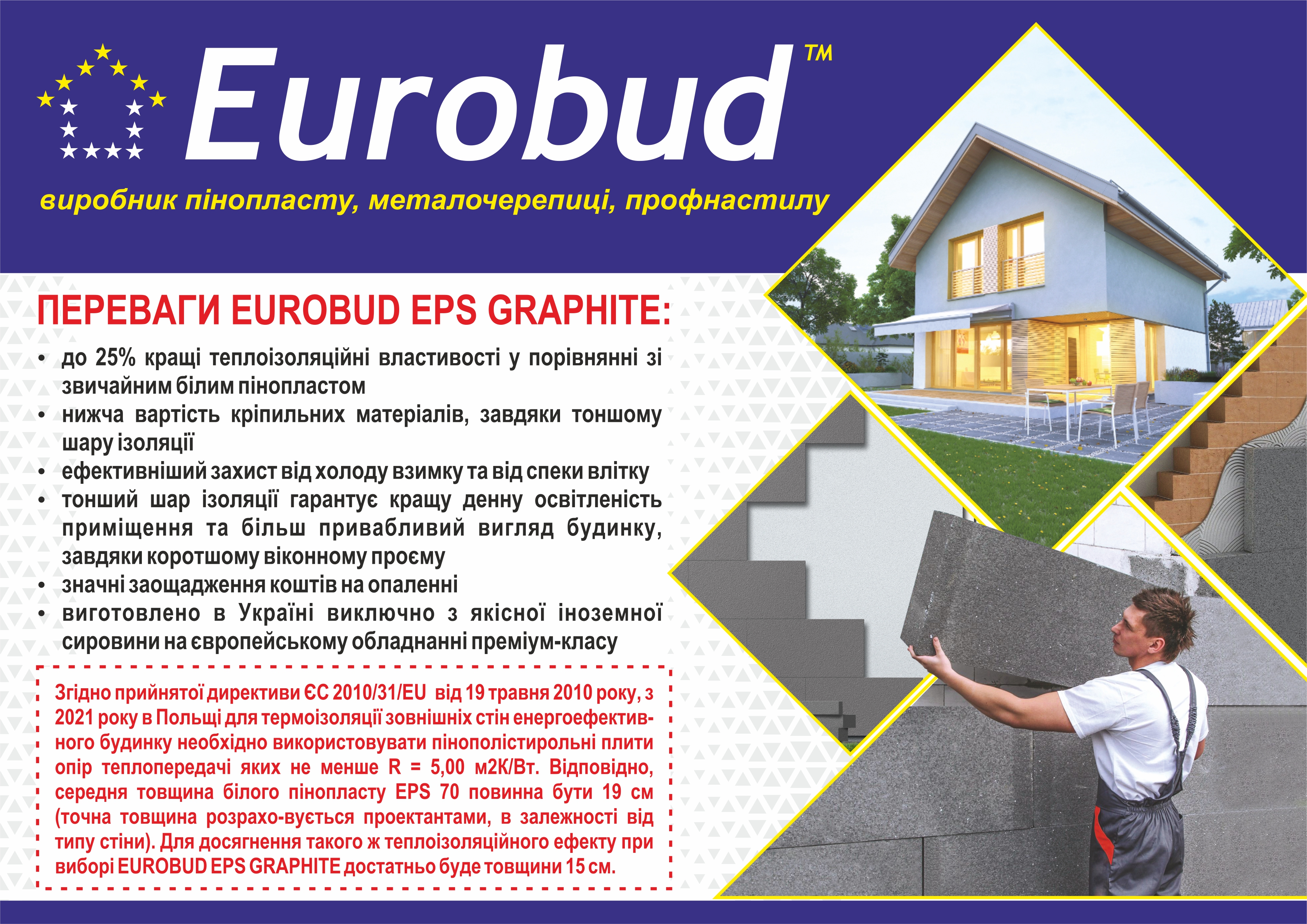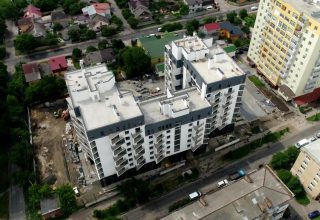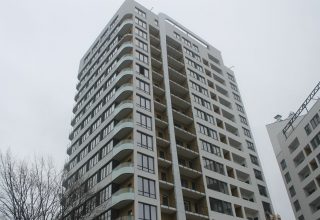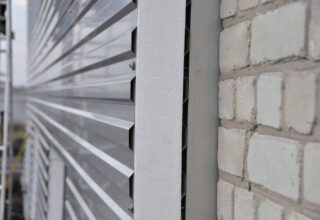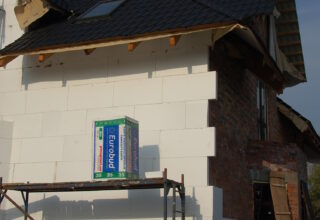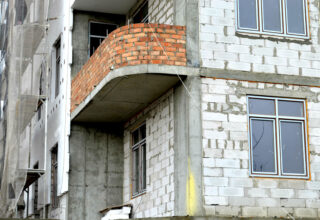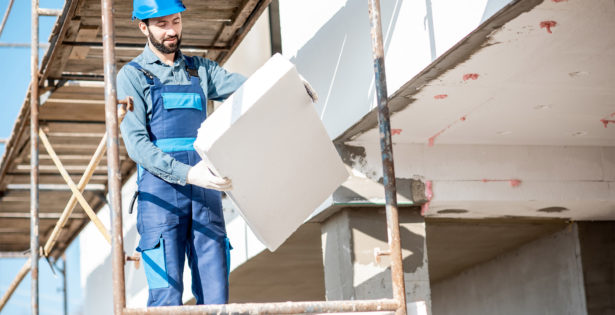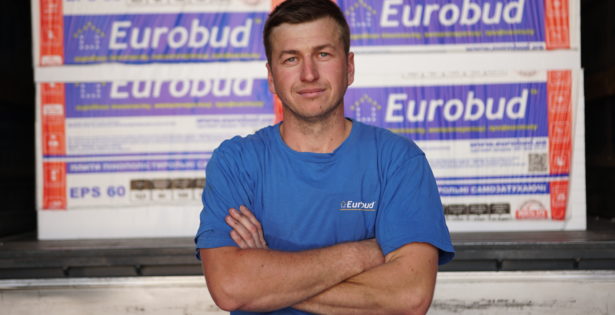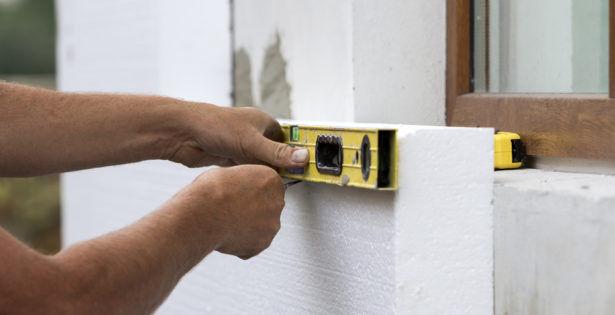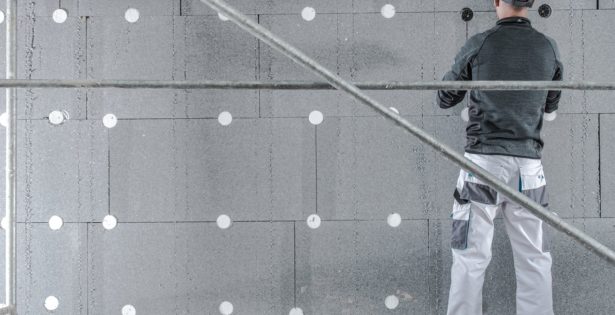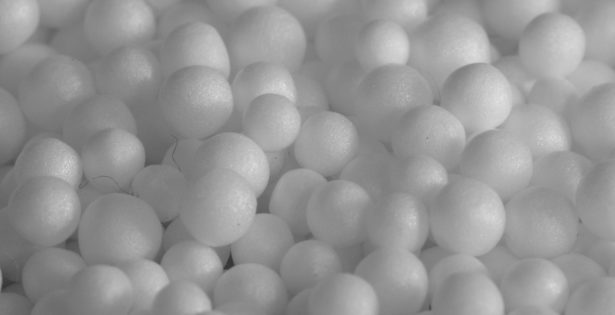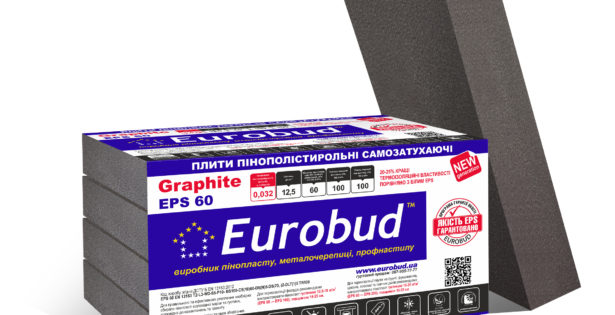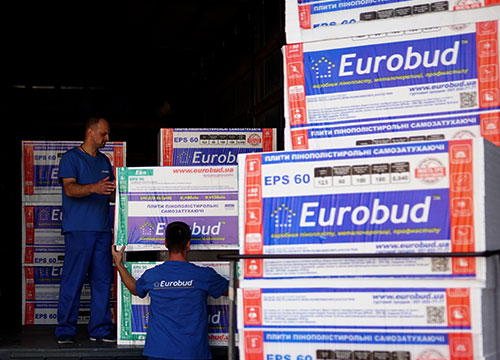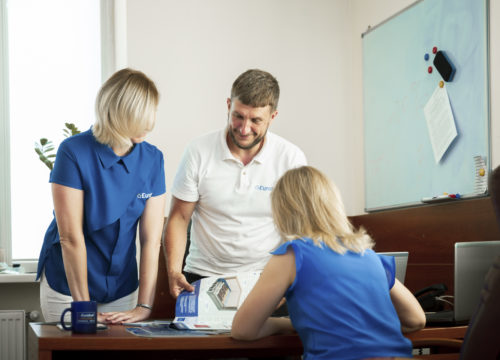The expanded polystyrene plates Eurobud EPS 60 Graphite are made exclusively from import raw materials on the modern European equipment.
Graphite styrofoam is an improved version of the usual white expanded polystyrene. It is obtained by adding graphite powder, which gives the heater a dark gray color and improved thermal insulation characteristics. Graphite foam offers the best (that is, the lowest) thermal conductivity λ, which allows to achieve the same level of thermal insulation as white polystyrene foam with a correspondingly smaller thickness. Clients choose graphite foam because, compared to white EPS boards, graphite can significantly reduce the thickness of the thermal insulation layer.
Standard sizes of expanded polystyrene plates: length 100 cm, width 50 cm, thickness from 1 cm to 60 cm, with a step of 1 cm.When ordering plates with a thickness of 11 cm to 60 cm, the number of packages must be a multiple of 8.
Under the individual order it is possible to make plates 100 cm, 200 cm and 400 cm long, 100 cm or 120 cm wide, and the volume of the whole order should be a multiple of 4.8 m³.
The side edge of EPS can be made flat and milled (allows you to lay the plates on the technology of “spike-groove”).
The density of Eurobud EPS 60 is 12,5 kg/m³*
*+- 5% depending on storage conditions.


